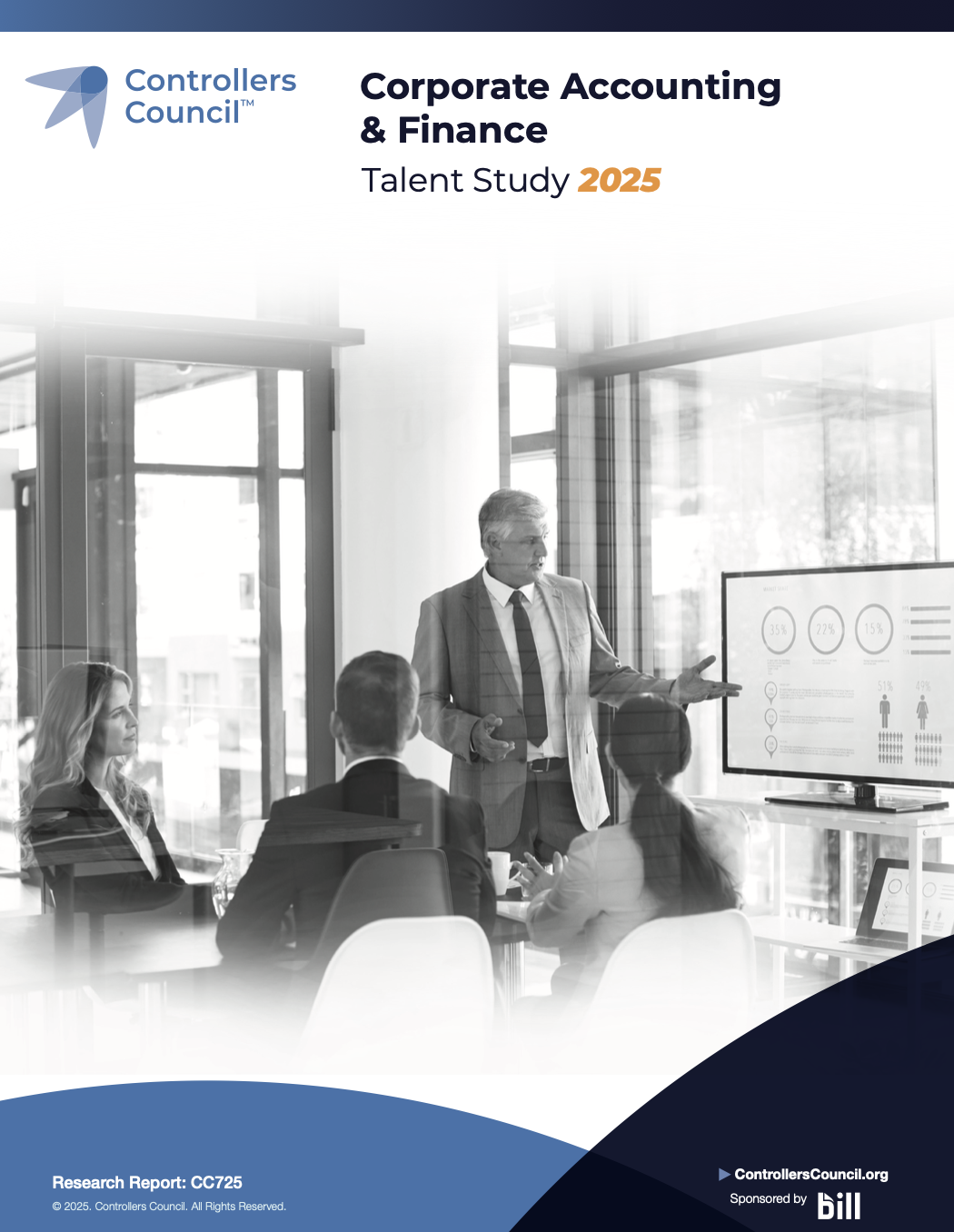As you look into the future of 2022, what trends will shape Controllers and corporate finance? Let’s take a look at some of the statistics and trends that will impact the Controllership and Office of the CFO in 2022.
Declining Gender Gap
According to data published in Forbes magazine, the number of female CFOs is increasing. In 2010, only 8.7% of S&P 500 and Fortune 500 companies had a female CFO. By 2020, that number has increased to 13.4%, and today, 90 of the top 674 CFOs are women
This trend can be expected to continue as more companies awaken to the fact that placing women in prominent positions of leadership isn’t merely a nod to corporate diversity; it’s good for the bottom line.
According to a 2019 S&P Global Market Intelligence Report, companies that appointed females to top finance positions saw a 6% increase in profitability and an 8% increase in stock returns during the first two years of their tenure.
These controller statistics indicate that 2022 may provide better opportunities for women aspiring to the C-suite and other major financial roles within their respective companies.
Increasing Emphasis on ESG Metrics
Environmental Social Governance (ESG) refers to the ways that companies demonstrate their commitment to both ecological sustainability and ethical business practices.
For controllers, this means developing systems by which the company’s ESG practices can be codified, evaluated, and communicated to the public. Many companies can already rely on The Morgan Stanley Capital International (MSCI) Rating, as well as the Sustainalytics ESG rating.
The future will likely see financial staff members continue to comply with new standards relating to corporate transparency and ethical business practices.
Growing Reliance on AI
In 2010, fewer than 10% of all companies were relying on Artificial Intelligence (AI) to run their business. By 2019, that number rose to 37.5% according to a Gartner Survey.
This has many implications, of course, not least of which is the growing tendency for businesses to rely on technological solutions to automate processes once performed by human beings.
What do these controller statistics mean for financial personnel? First, controllers may soon discover that their core processes are now being automated and handled by a digital software platform.
But secondly, controllers may also find themselves working with small teams to handle their parent organization’s finances, which will change the immediate work environment and make advancement opportunities less competitive.
Outsourcing will Continue
Roughly 12% of U.S. companies fully outsource their payroll, though the number of online accounting firms is steadily increasing. Today, many companies are discovering that they can save money by outsourcing accounting and bookkeeping needs to a third-party provider.
For the company itself, this means that there will be fewer overhead costs, and like the use of automation, outsourced accounting will eliminate the need to spend time on basic tasks such as payroll and basic bookkeeping.
For the financial industry as a whole, this may mean that accountants will find themselves drawn to accounting firms in which they can further develop specialized accounting skills. In the future, it may be harder for organizations to find controllers who embody the robust skill sets found in the workplace today.
Ultimately, these controller statistics indicate that accounting teams will need to collaborate with internal employees as well as outsourced providers, creating a comprehensive solution for their companies.
A Greater Focus on Reporting
Tomorrow’s companies will increasingly be driven by data and analytics. This means that controllers will have to adapt to technological resources that provide real-time analysis of the company’s finances. Controllers will need to have the ability to translate this data into an action plan that can be understood by shareholders as well as senior management.
In other words, we’re witnessing a shift from quarterly (or even weekly) reports to an on-demand system, where business data is readily accessible from a cloud-based system. Controllers will have to adjust to new practices surrounding the tracking and management of this data. There will likewise be a greater emphasis on communication skills among financial personnel.
Companies Will Adapt to the Needs of Remote Workers
The 2020 pandemic showed both employers and employees the potential benefits of working from home. Upwork estimates that by 2025, 22% of Americans will be working from home at least a few days per week.
These controller statistics suggest that the future will demand not only new collaborative measures to maintain workflow, but also that controllers and CFOs will need to evaluate questions related to productivity and potential savings with the use of remote workers.
The Future Demands Flexibility
Ultimately, there will always be a place for financial controllers within modern companies, though the future belongs to those who can adapt to the evolving demands of the ever-changing business climate.
Discuss More about Financial Controller Trends in Our Community
Looking to learn more about financial controller trends? Controllers Council is a national community and platform of Controllers, Accounting and Finance professionals focused on accounting best practices, information and resources, recognition and networking. Membership has many features and benefits to propel your career and expertise, and to be an active participant in our exciting community. Discuss topics like trends and more in our forum. Become a member today.




